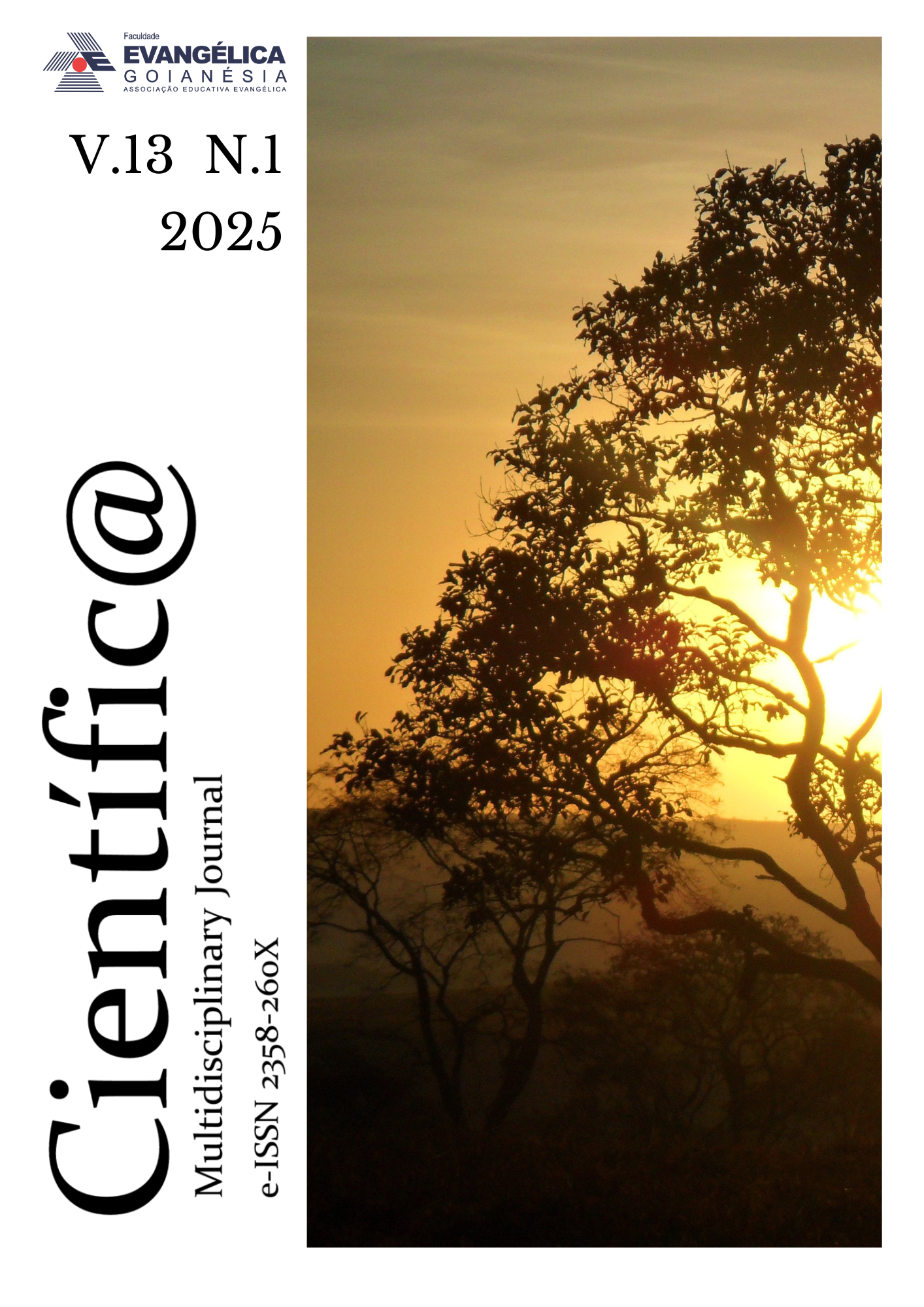A RELATIVIZAÇÃO DA IMPENHORABILIDADE DE SALÁRIO E A GARANTIA DO MÍNIMO EXISTENCIAL
DOI:
https://doi.org/10.37951/2358-260X.2025v13i1.7279Resumo
No presente artigo tem-se por objetivo o estudo da relativização da regra de impenhorabilidade das verbas salariais, a fim de alcançar parte da remuneração do devedor para a satisfação do crédito não alimentar e, ainda, garantir ao credor a satisfação de seu direito, a partir da verificação dos institutos e aspectos gerais previstos na Lei nº 13.105, de 16 de março de 2015. Revelou-se importante analisar o tratamento normativo que, com amparo no princípio do mínimo existencial, preserva-se o valor suficiente para garantir ao inadimplente sua subsistência digna e a de sua família. O estudo adotou abordagem jurídica fundamentada em dogmas e métodos, juntamente com a interpretação das normas, revisão de fontes bibliográficas e análise de decisões judiciais. O tema foi delimitado considerando a verificação de posicionamentos favoráveis à possibilidade de penhora de até 30% (trinta por cento) de verbas de natureza salarial, com o escopo de atender ao intento creditício, considerando que, 70% (setenta por cento) da remuneração, a princípio, seja suficiente para suprir as necessidades fundamentais do devedor e sua família.
Downloads
Publicado
Como Citar
Edição
Seção
Licença
Esta revista oferece acesso livre imediato ao seu conteúdo, seguindo o princípio de que disponibilizar gratuitamente o conhecimento científico ao público proporciona maior democratização mundial do conhecimento.
A partir da publicação realizada na revista os autores possuem copyright e direitos de publicação de seus artigos sem restrições.
A Revista Científic@ - Multidisciplinary Journal segue os preceitos legais da licença Creative Commons - Atribuição-NãoComercial 4.0 Internacional. 

